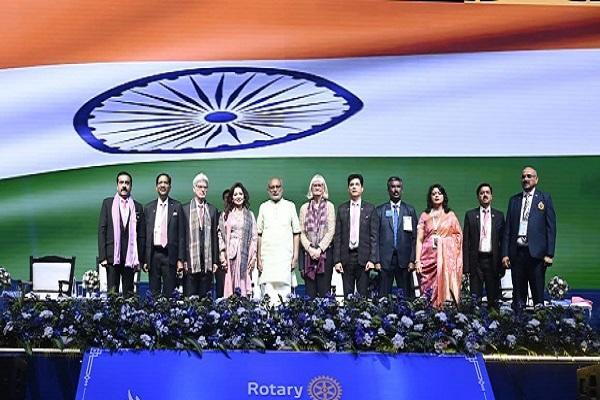
AI, Creators & Tier-2 Cities Power India’s Startup Growth
India’s startup ecosystem has been rapidly evolving over the past few years, driven by innovative trends, technological advancements, and changing consumer behaviors. A recent report by Meta-A&M sheds light on the key drivers of this growth, highlighting the adoption of Artificial Intelligence (AI), omnichannel models, expansion into Tier-2 and Tier-3 cities, and the emergence of creator-driven branding. In this blog post, we’ll dive into the findings of the report and explore how these trends are reshaping the startup landscape in India.
AI Adoption: The New Normal
The report reveals that a staggering 70% of Indian startups are already using AI in some form or the other. This is not surprising, given the numerous benefits AI can bring to businesses, from automating mundane tasks to improving decision-making and enhancing customer experiences. The widespread adoption of AI is particularly evident in industries such as fintech, healthtech, and edtech, where it’s being used to develop predictive models, personalize services, and streamline operations.
The use of AI is not limited to large corporates, however. Many small and medium-sized startups are also leveraging AI to gain a competitive edge. For instance, a startup like Zoho, a popular productivity software provider, uses AI to analyze user behavior and provide personalized recommendations. Similarly, a fintech startup like Paytm uses AI-powered chatbots to offer quick and efficient customer support.
Omnichannel Models: The Future of Customer Engagement
The report also highlights the growing importance of omnichannel models, with 67% of startups adopting this approach to engage with customers. An omnichannel model involves providing a seamless and consistent experience across multiple channels, including social media, mobile apps, websites, and physical stores. This approach is essential in today’s digital age, where customers expect to be able to interact with brands across multiple touchpoints.
The adoption of omnichannel models is particularly evident in e-commerce, where startups like Flipkart and Amazon are using AI-powered chatbots to offer personalized product recommendations and improve customer service. Similarly, a startup like Oyo Rooms is using omnichannel marketing to engage with customers across multiple touchpoints, including social media, mobile apps, and email.
Tier-2 and Tier-3 City Expansion: The Untapped Opportunity
The report reveals that 95% of startups are targeting smaller cities, including Tier-2 and Tier-3 cities, as part of their expansion plans. This is a significant shift, given that earlier, most startups focused on the urban markets of Tier-1 cities. The expansion into smaller cities is driven by the growing demand for digital services and the need to tap into the vast untapped potential of these markets.
The expansion into smaller cities also presents a unique opportunity for startups to differentiate themselves from larger corporates. For instance, a startup like Paytm First Games is using its mobile app to offer a range of games and entertainment options to users in smaller cities, who may not have access to similar services in their local markets.
The Rise of Creator-Driven Branding
The report also highlights the growing importance of creator-driven branding, with 88% of startups partnering with influencers early on. This trend is driven by the need for startups to build brand awareness and credibility, especially in crowded markets. Creators, including social media influencers and content creators, can help startups achieve this by promoting their products or services to their followers.
The rise of creator-driven branding is particularly evident in the beauty and fashion industries, where startups like Nykaa and Myntra are partnering with influencers to promote their products. Similarly, a startup like Byju’s is using creators to promote its educational products and services.
Conclusion
The Meta-A&M report provides valuable insights into the trends shaping India’s startup ecosystem. The adoption of AI, omnichannel models, expansion into Tier-2 and Tier-3 cities, and the rise of creator-driven branding are all key drivers of growth and innovation in the startup space. As the Indian startup ecosystem continues to evolve, it will be exciting to see how these trends shape the future of entrepreneurship and innovation in the country.
Source:






